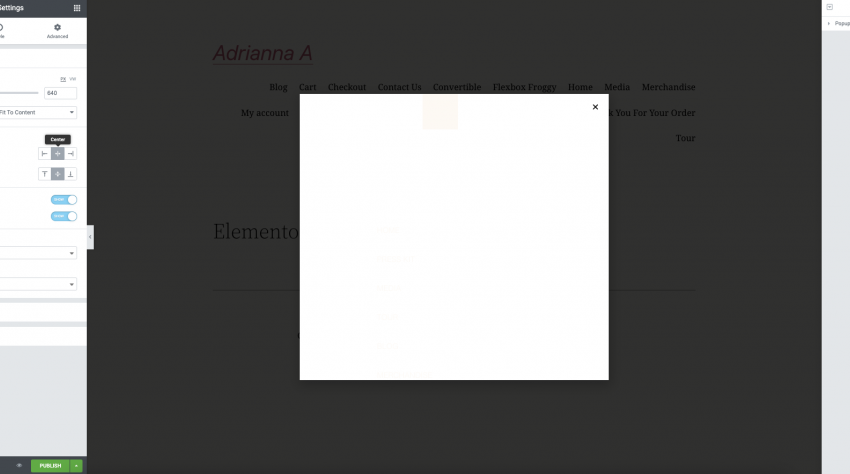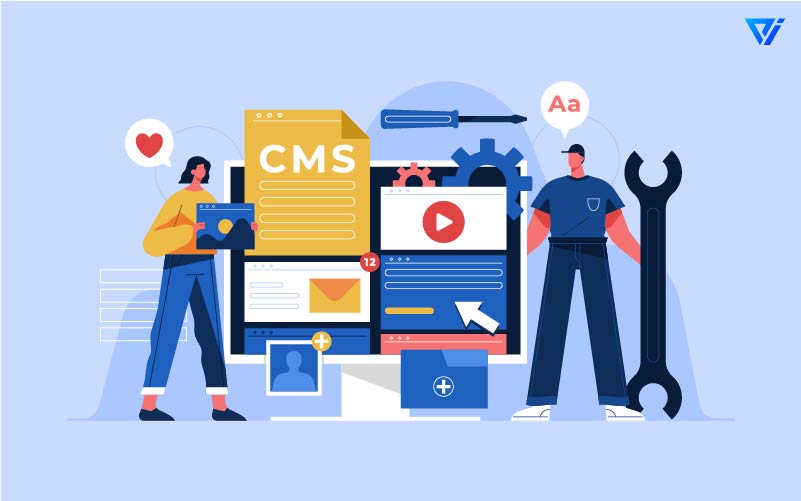
Only huge corporations and people with coding expertise could establish a website in the early days of the internet. Those days are gone, and today’s market is flooded with website-building options that fall into two categories: CMS systems and website builders. In this article, We will walk through the 10 Best CMS Builders for any site in 2022.
In this post, I’ll draw a distinction between the two categories, discuss their advantages and disadvantages, as well as the important features of current website creation and administration solutions, and give you a list of the best software for personal use, e-commerce, and small enterprises.
Table of Contents
What is a Content Management System (CMS)?
CMS stands for Content Management System, and it’s a piece of software that helps you generate and manage digital content. CMSs are divided into two categories: content management systems (CMSs) and content management systems (CMSs).
- Systems for Enterprise Content Management (ECMS) allow businesses to generate, manage, and disseminate various forms of material (documents, surveys, and product information), as well as collaborate on them.
- Web Content Management Software (WCMS).It’s a set of tools that allow people who don’t know how to code to produce and maintain digital content on a website. This is the scenario to which I will return in this post.
Most WCMSs are free or have low-cost subscriptions that offset the overall expenditures. As previously said, they do not require users to have a coding background, which is why the majority of WCMSs is user-friendly and adaptable. There are, however, more expensive alternatives on the market that are more complicated and need training while also providing greater flexibility and/or security to satisfy specific demands.
Another alternative that has gotten a lot more attention than CMS software is website creation tools. The word ‘website builder’ is self-explanatory, and it refers to software used to create websites. CMS and website builders appear to have the same aim at first appearance, so why are there two words for the same thing? However, it is not so simple, and there are considerable distinctions between the two. Let’s see what we can find out!
1. Pain In The Neck vs All-In Solution
To utilize a CMS, you must first set up hosting, acquire a domain, manage databases, and do manual updates, among other things. Website builders are all-in-one solutions that don’t require any further maintenance.
2. Highly Customizable vs Easy-To-Use
As long as you’re working with straight code in CMS, you’ve got a lot of customization options, like new plugins, modules, and so on. In the case of website builders, a visual drag-and-drop interface is usually provided.
3. Poor vs Rich Design Opportunities
Most content management systems (CMSs) only provide a few basic (sometimes low-quality) templates. As a result, you’ll almost always have to either buy expensive themes and templates or improve/create your own from start. Website builders, unlike CMSs, provide a wide range of pre-designed customizable templates and other design options.
4. No Customer Support vs Quality Support
Free CMS systems frequently lack formal customer support, so you’ll have to rely on blogs and user communities for help. Website builders, for example, provide excellent customer service.
5. Built-In SEO Tools vs External SEO Plugins
Free CMSs have little or no SEO customization, necessitating the use of external plugins, whereas website builders come with built-in SEO features.
To summarise, website builders do not require coding knowledge and provide a user-friendly interface with several design options. These are the most suitable options for non-techies, such as small enterprises, personal websites, and so on. CMSs, on the other hand, provide extensive customization options but require more sophisticated abilities to use efficiently. CSMs are ideal for managing projects, documentation portals, and other similar tasks in businesses.
The Most Important Features of the Best Website-Building Tools
Before deciding on a website construction tool, you should establish your priorities in terms of its usage, management, functionality, and other factors. While some people care about usability and cross-platform prospects, others are more concerned with SEO and social media marketing.
Here’s a list of the fundamental elements that, in my view, most of the best CMS systems and website builders should include:
WYSIWYG Editor
Because most current software is designed for people who don’t know how to code, it’s critical that it features a simple WYSIWYG editor with preview options, as well as the ability to import media assets such as video and audio files, interactive flash animations, and more.
Responsive Design
The percentage of mobile views is continuing to rise, and mobile-friendly websites are now a requirement. Many website construction platforms offer ready-to-use templates that change to the size of the display automatically, although they aren’t always free.
Social Media Integration
Whether using a content management system (CMS), an enterprise content management system (ECMS), a website builder, or anything else, it’s critical that website pages offer content promotion features like sharing buttons and commenting.
Built-In SEO Tools
Your website should, of course, be SEO-friendly and appear on the first pages of relevant search results. That’s why SEO features like page names, headers, SEO-friendly URLs, meta tags, and meta descriptions should be included in decent website creation software.
Comprehensive Search
Unless it’s a single-page website, your website should feature a proper search. Some of your visitors come to explore, while others are looking for specialized information, such as a certain product, article, or another resource. And if your website fails to give this information, users will abandon it, resulting in a low conversion rate. As a result, having a proper, quick, and easy-to-use search on your website is critical.
These are the main components of a contemporary CMS, albeit they may change based on the website’s purpose. Let’s narrow it down to the top CMS options for e-commerce, small enterprises, and personal usage.
Best CMS for eCommerce
If you’re searching for an e-commerce CMS but don’t know where to start, I’ve put up a list of the most popular e-commerce CMS software. Take a peek around!
1. Shopify

The most widely used e-commerce website builder.
2. Squarespace
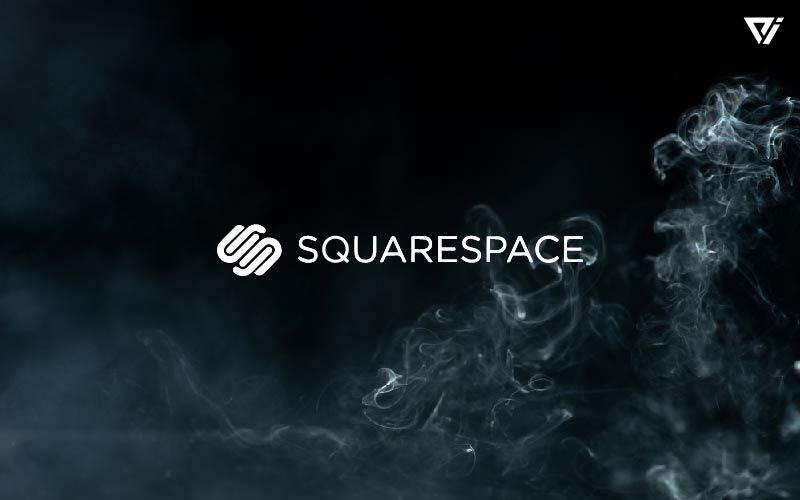
Another excellent e-commerce choice. It’s more user-friendly than WordPress and comes with a slew of additional features, like PayPal connection. It also comes with a number of pre-built themes that substantially expand its capability and make it one of the greatest e-commerce CMSs available.
For non-techies, Jumpseller is a viable option. It offers a user-friendly UI, a competent customer service team, and fair pricing. It may not allow many opportunities for creativity, but it is simple to use for newcomers.
3. Magento

Magento is used by both large merchants such as Samsung and Nespresso and small e-commerce businesses. This one has a severe learning curve, but it’s well worth the effort. It may be downloaded for free or used as a hosted service. It also has an outstanding feature set and a lot of customization options.
Website Builders
Website builders like Wix, Weebly, and Squarespace were designed for personal and business websites without e-commerce capability just a few years ago. But that’s no longer the case. For your online store, you might wish to examine website builders but bear in mind that their e-commerce capabilities are restricted.
Top CMS Options for Small Business
Because small company websites seldom require complicated features, website construction software for this purpose should have an intuitive interface and be simple to use with no technical understanding.
4. WordPress
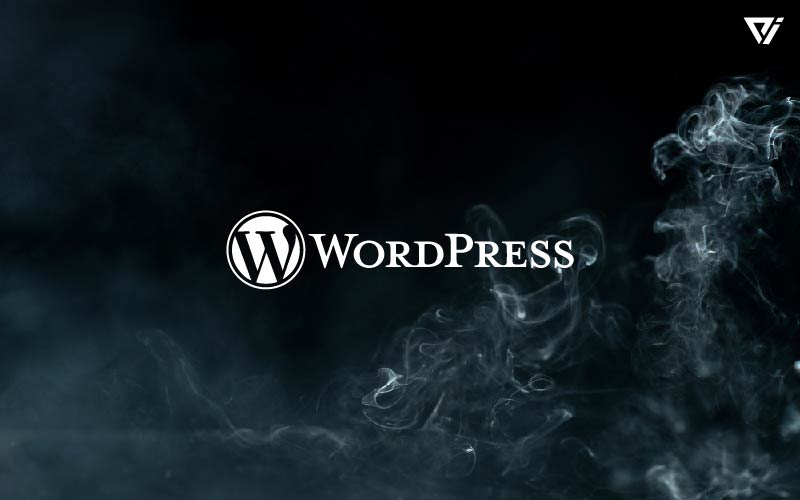
Because of its functionality, host and self-hosted choices, and other features, it is perhaps the most popular alternative. WordPress is a free open-source solution that does not necessitate any coding knowledge. Plugins are a big part of it; there’s one for almost every scenario.
5. Wix

Wix has earned the distinction of being the most user-friendly CMS platform on the Internet.
6. Joomla

Joomla is a user-friendly content management system with a simple interface. There are also several third-party connectors that may be set up. Because it’s open-source, you can change the elements to fit your needs. It’s possible that setting up may need a high learning curve. Perhaps not as simple to use as Wix or Weebly.
Best Software for Personal Website
7. Drupal

Unlike commercial websites, personal blogs and portfolios are basic and do not require substantial skills. As a consequence, it appears that basic solutions are the best alternative in this case. Let’s look at some of the more common options.
8. Carrd
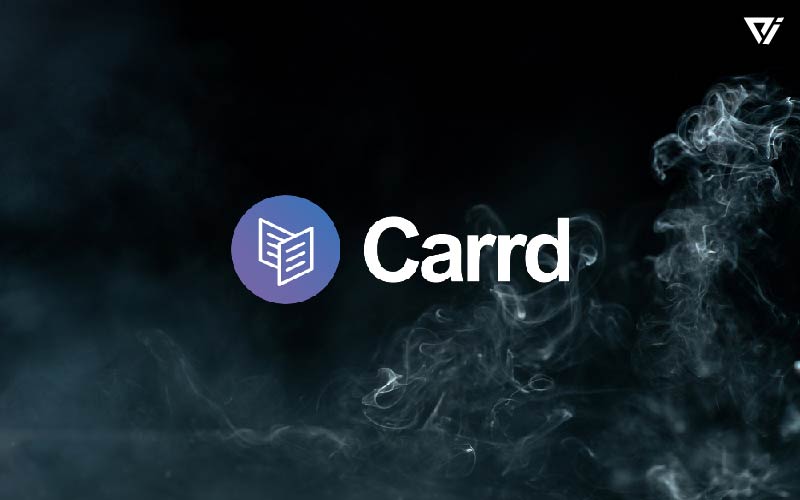
Carrd is a free service that allows you to create and host simple, responsive one-page websites for any purpose. It’s simple and straightforward to use, without sacrificing your ability to construct a functioning and attractive website.
9. Tilda
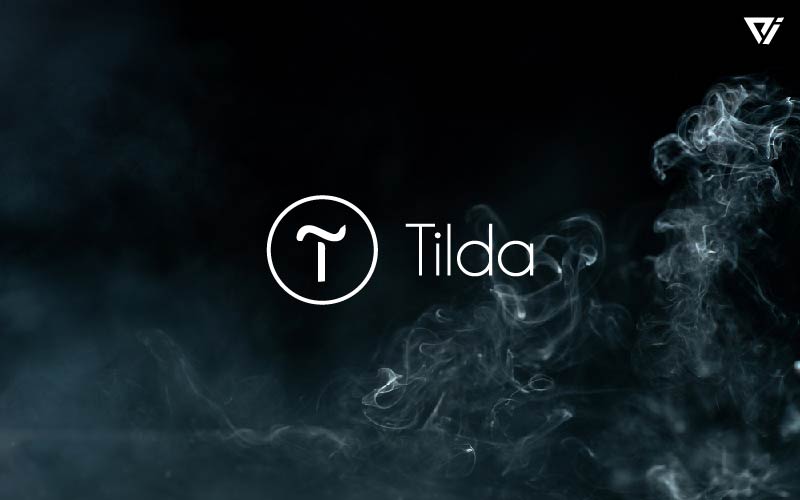
Create your page using a variety of pre-designed components. Widescreen covers, beautiful typography, a picture gallery, background video, forms, and more are all available. Create new blocks with a distinctive design and flexibility from the ground up.
10. Weebly

Weebly, like WordPress, is a name that many people are acquainted with. It’s a simple content management system that allows you to create a basic website in just a few minutes. You can effortlessly add features and media to your website thanks to the platform’s drag-and-drop style. By the same token, you may quickly delete anything at any time.
There are a variety of price alternatives to select from, all of which are based on various company and personal requirements. The lowest package, beyond the basic, free option, is $12 per month (approximately £9.4, AU$17), which includes unlimited storage, a domain name, and Google Ads credit. A small company option is available for $25 per month (about £19, AU$34). All of the regular functions are included, as well as useful tools like password security and tax calculators.
Conclusion
If you’re creating a personal blog or portfolio, website builders are the ideal option because CMSs are generally inflexible, limited in design, and need substantial technical experience. CMSs, on the other hand, allow you to develop strong websites, which necessitates a higher level of technical expertise and experience.
I tried to offer you a fast overview of the best website building options for e-commerce, small enterprises, and personal usage in this post. Thank you for taking the time to read this!

